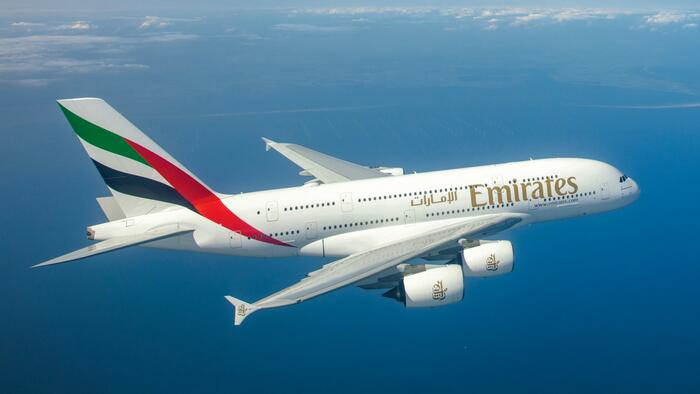In light of the recent security threats stemming from electronics-related attacks in Beirut, Emirates Airlines has taken the unprecedented step of prohibiting all passengers from carrying pagers and walkie-talkies on its flights. This decision, marking Emirates as the first major airline outside of Lebanon to implement such a ban, reflects heightened security measures in response to the shocking incidents involving exploding electronics. These attacks, which occurred on September 17 and 18, resulted in a significant loss of life, with at least 42 individuals killed and over 3,500 injured, creating widespread panic and prompting the airline’s swift action. Emirates has explicitly stated that this ban applies to passengers traveling to, from, or via Dubai, emphasizing the seriousness of the threat and the need for precautionary measures, which will include the confiscation of any prohibited items by Dubai police.
The specific nature of the attacks involved manipulated pagers that were reportedly intercepted during shipping processes. It is alleged that bomb materials were discreetly concealed inside these devices, leading to catastrophic detonations when triggered electronically. These incidents led to civilian casualties, including children, as the explosions were deliberately aimed at disrupting Hezbollah’s operational capabilities. Such tactics have raised international alarms about the potential for booby-trapped devices making their way into commercial air travel, thereby posing a significant risk to airline safety. Emirates Airlines, as a major player in the global aviation market, is taking proactive measures to prevent any similar incidents from jeopardizing its flights and passengers.
As security concerns escalate, regulatory authorities and other airlines are anticipated to observe Emirates’ response closely, with potential for similar policies to be enacted across the region. Known as the largest airline in the Middle East, Emirates’ actions may set a precedent for other carriers to follow, bolstering overall aviation security in response to emerging threats. The repercussions of these attacks are felt beyond just Emirates, as a broader sense of insecurity hangs over the aviation sector, leading to the suspension of flights in and out of Beirut by multiple airline companies. Operations to Iraq and Iran remain on hold, reflecting an overarching caution that may linger until the regional tensions settle.
Furthermore, the ongoing conflict has seen Israel conducting extensive airstrikes throughout Beirut, including areas not previously considered direct targets, thereby exacerbating the existing humanitarian crisis. Videos circulated online showing the aftermath of one such explosion, which reportedly occurred in the pocket of a Hezbollah operative, have underscored the alarming nature of these tactics and the collateral damage resulting from them. The simultaneous detonation of multiple devices has sparked outrage and disbelief among observers, with many questioning the broader implications of such tactical decisions in urban warfare. The recent developments have posed critical questions about the safety of civilians and the mechanisms employed by military forces in their operations against perceived threats.
The strategic airstrikes have also resulted in significant infrastructure damage, particularly the destruction of the primary border crossing between Lebanon and Syria at Masnaa. This has forced many displaced civilians to traverse treacherous mountainous terrain to escape the conflict, highlighting the dire humanitarian situation faced by those caught in the crossfire. The rapid escalation of violence in Lebanon has not only led to tragic loss of life but also fueled a refugee crisis that challenges neighboring countries and international agencies tasked with providing relief. The plight of these individuals emphasizes the human cost of geopolitical struggles and the desperate need for stability in the region.
As the situation continues to unfold, it is clear that the ramifications of the recent attacks and subsequent airline security measures could shape the future of air travel in and out of volatile regions. Emirates Airlines’ proactive stance highlights the critical balance between ensuring passenger safety and maintaining operational integrity in a highly interconnected world. While it remains to be seen how other airlines and governments will respond to this emerging threat, the potential for further escalations in aviation security, as well as ongoing military actions in Lebanon, signal a new era of vigilance in global travel. The unfolding events underscore the intricate relationship between aviation security measures and geopolitical tensions, highlighting the need for comprehensive strategies to mitigate risks while upholding the principles of safe air travel.

